What is the primary difficulty you are facing right now? Doctors only.

Just wanted to check in with you with a question…
What is the major difficulty you are facing right now?
With so much change going on, I wanted to find out what you, as a doctor, are dealing with today.
This problem will not seem to go away, despite your best efforts…
And if you had a magic wand, it would be “The Problem” that you would eradicate.
It could be patients, relationships, kids, burnout, body, money, sleep, or something else entirely…
Just head over to the contact us page and let me know the primary problem you are facing today.
Should you track levels of burnout? Simple and easy to know.
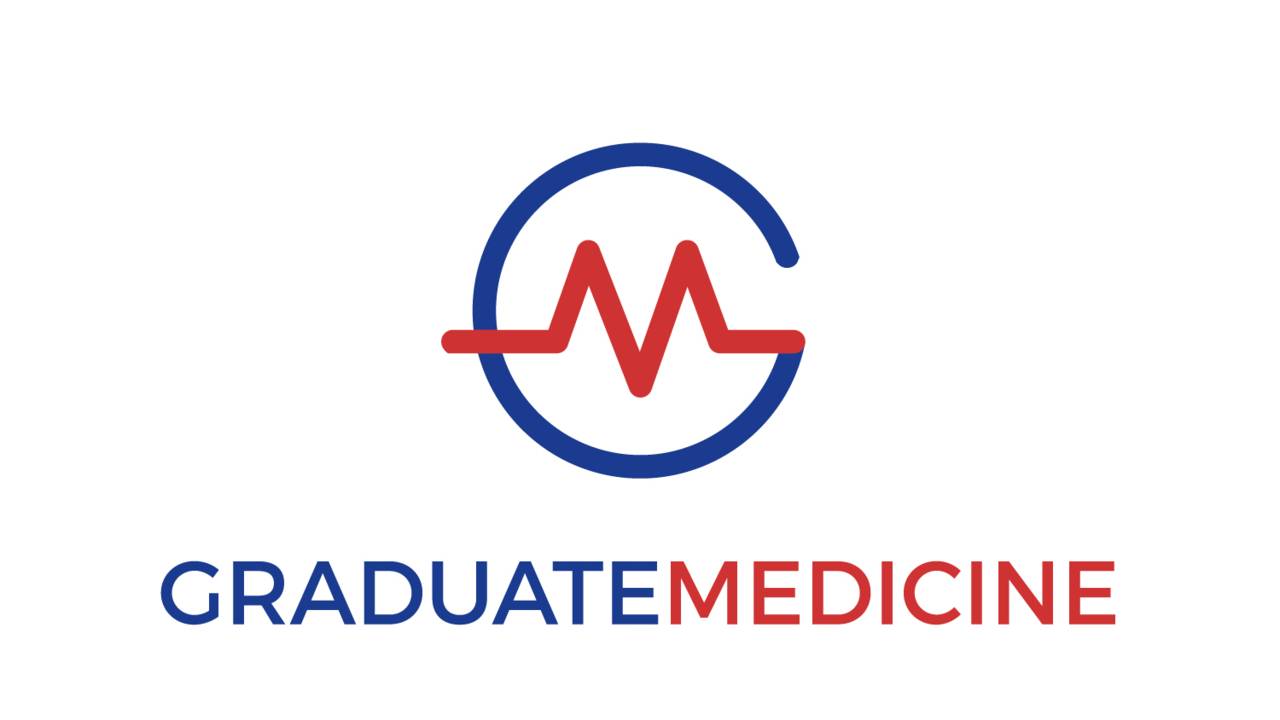
I wanted to give you a quick and easy way to track burnout.
It does not take long to fill out but gives you insight into what levels of burnout you may be facing.
I have been using it for several months now. I can’t find the original source, but it is the same as the one found here - https://www.mindtools.com/auhx7b3/burnout-self-test
Here is the Excel version to download.
How to Use!
- Download the spreadsheet and upload it to your online file system
- Get the link to the spreadsheet and create a recurring calendar entry with the link to the spreadsheet in it once a month.
- Each month, copy the blank spreadsheet template to a new tab.
- Complete the assessment and add up your score.
Over time you will be able to see your burnout score and whether it is decreasing or increasing.
Having the awareness of your score can help you know whether your burnout level is high and take action to resolve it.
Exercise, sleep, meditation and nature all help.
Hope you find it useful.
Tom
Dr T...
Why do people value GP so poorly? When the health risks they face are so devastating to their life?
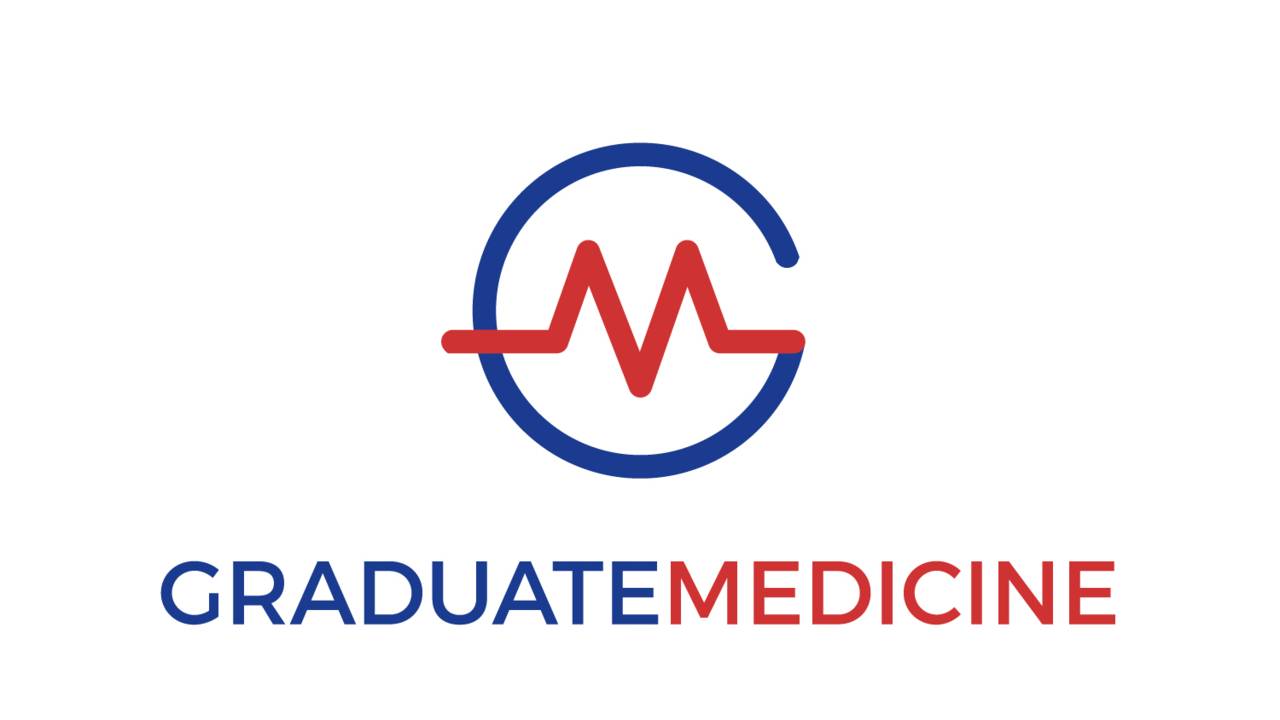
One of the clear problems we are facing in general practice is the lack of funding.
For years, the predominant mindset of many Australian citizens has been that medicine should be “free”.
Now “free” really meant the Federal Government pays for their healthcare.
But I want you to consider that there is a long-term cost to free medicine…
Many of us are very aware of this when working in GP!
When there is not enough money, it becomes difficult to provide quality care in a set timeframe.
In this situation, there are only a couple of options for GPs...
- See more people in the same amount of time (ie 6-minute medicine)
- Drop the quality of care. (Do less in the same amount of time to conserve scarce resources)
- Do both.
Many GP practices have been forced into this choice, and some have chosen this route.
Some have just closed their doors.
I want to let you know there's another hidden cost…
And that is to the patient.
Unfortunately, that which is cheap or free is rarely valued ...
Where to focus on fixing GP? When there are so many problems, it is hard to know where to start…
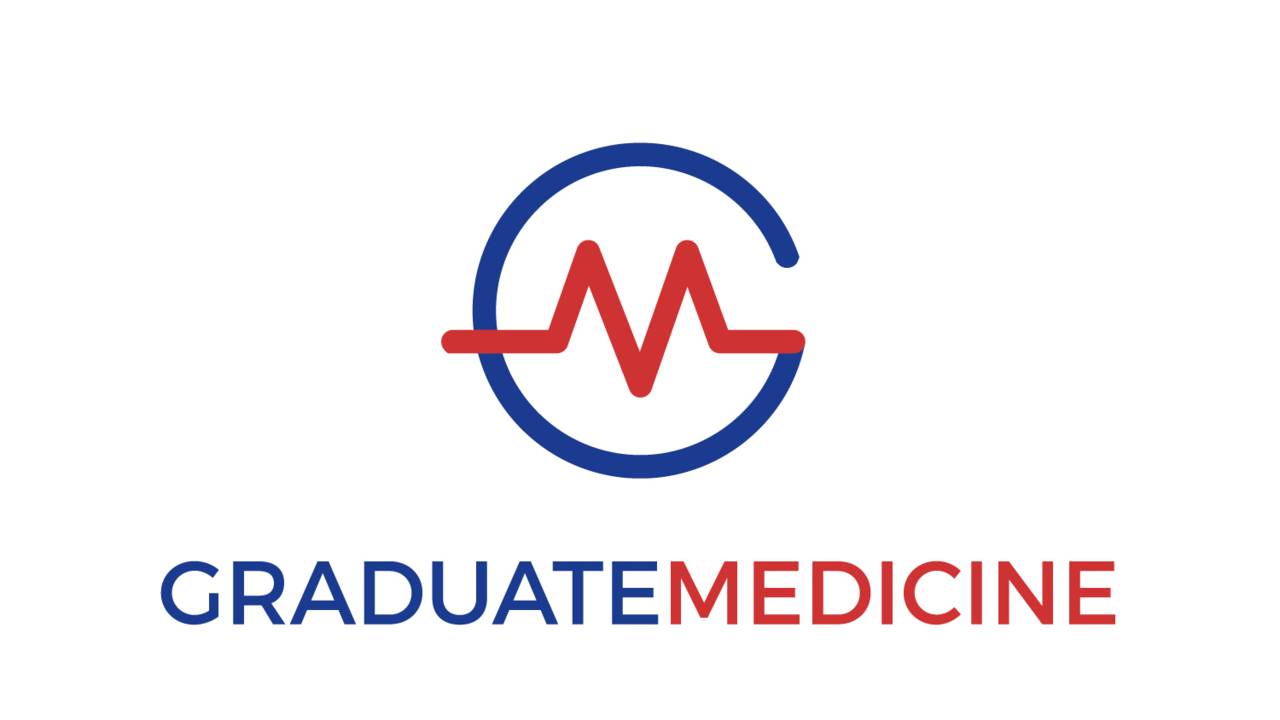
Welcome to a new year.
2023.
One that will likely continue to put the crisis in GP into the mainstream news.
I am heading to a conference next week to present our difficulties in General Practice.
The basic premise is that General Practice has shifted over the last couple of decades.
And the changes that have taken place are why medical students do not want to do General Practice, and baby boomer GPs often choose to retire.
So what factors have changed over the decades?
I want to introduce you to a four-element formula for the problems of GP.
Identifying these elements gives us a framework for how to alter them and make work better for us in General Practice.
Right now, most of the focus has just been on one of the factors - the end of bulk billing.
But I want you to know there are three others.
So what's this formula?
Well, here it is…
—-------
DIFFICULTY and RISK >>> MONEY and STATUS
—-------
So, what does this formula mean?
Well, it explains why the problems are now...
“The Elephant” in the Consult Room.
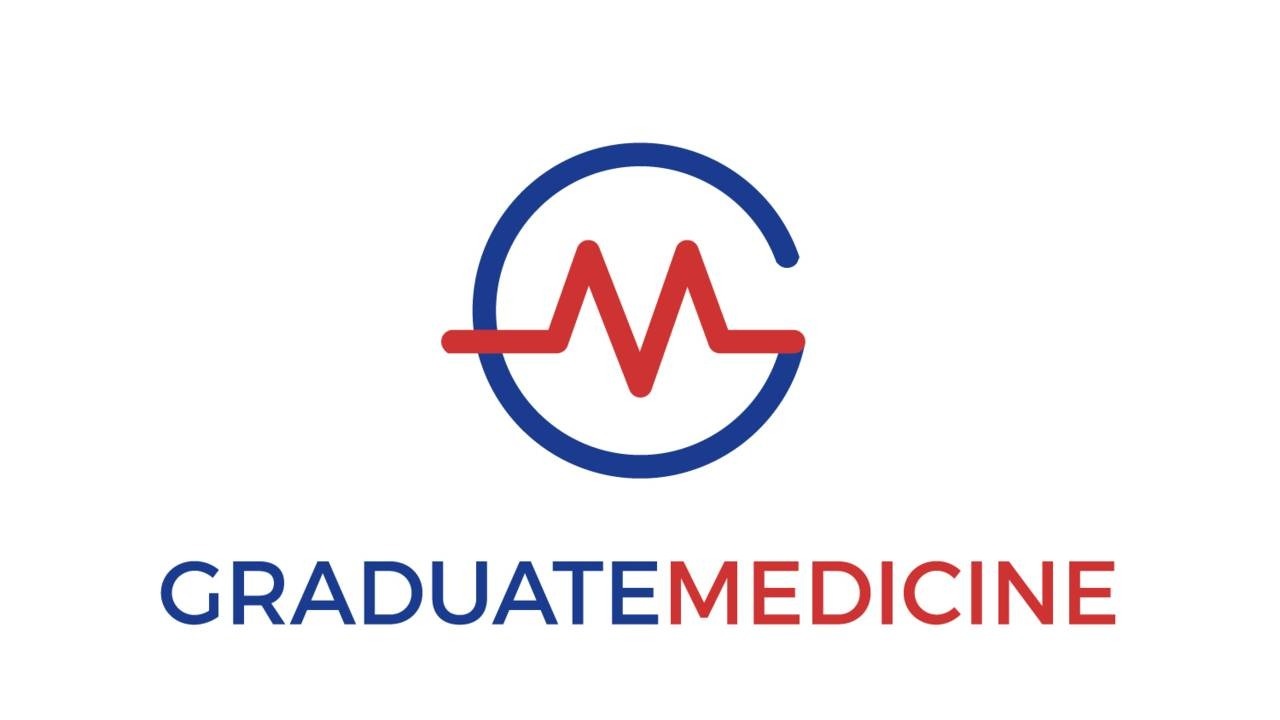
Well GP certainly has some significant challenges right now.
Historical underinvestment into an increasingly complex and difficult role has left many GPs working fewer days, fewer hours and in some cases - quitting entirely.
COVID revealed significant problems in the medical system as the increased strain revealed previously hidden weaknesses.
And now we face long wait times for initial specialist appointments and virtually all public hospital waitlists are blown way out.
Here’s the most sobering challenge we face…
We are not at peak medical demand until 2028-2032.
But the system is already cracking badly before the baby boomers really start consuming health care at high rates.
And if the system cannot handle the workload?
Guess where all those unhappy patients are coming to complain about the situation?
Yep, you guessed it…
You. The GP.
Here’s what’s really worrying - if the government decided they needed to double the number of doctors to cope with the demand…
You are sti...
How did GP end up like this?

COVID has been very difficult for most people in the world.
But it has extracted a very heavy toll on General Practice.
Endless changes.
Endless difficulties.
Sometimes there was a complete breakdown of systems that previously had worked as borders closed and Governments took extreme measures.
Sure there was a silver lining - we finally got billable telehealth…
But COVID caused so many problems because of politicians on one hand - and on the other?
15+ years of neglect of General Practice…
In that time GP has changed.
The amount of responsibility, complexity and challenges have all got a lot harder.
And despite this, you will be expected to receive a percentage of the Medicare rebate our specialist colleagues enjoy?
It is little wonder that less than 20% of medical students would now select general practice as a career option.
They know.
So what forces have driven these changes to our work?
Let's have a quick look…
- Computerisation
Computers are great. They allow us ...
The Crisis in General Practice.
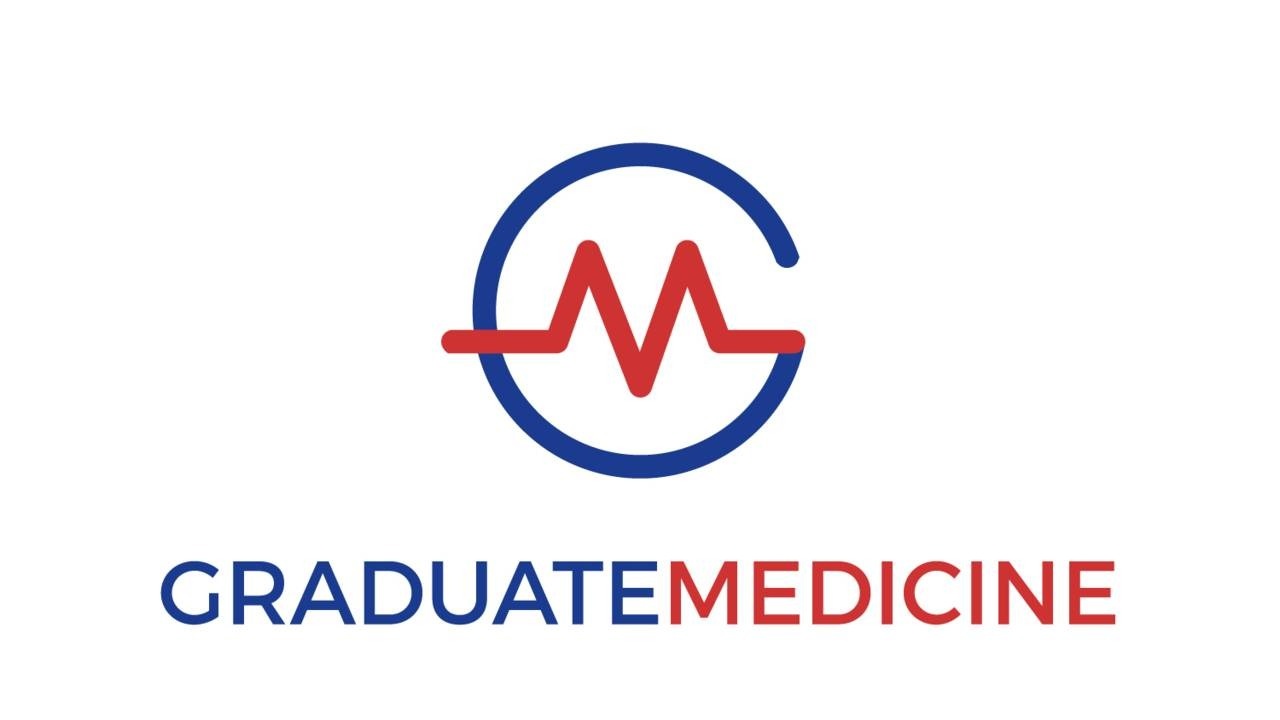
With the federal election just weeks away, there does seem to be some attention on General Practice.
That it is suffering badly and in some cases completely breaking down.
You may be feeling the effects of this.
Exhaustion.
Numbness.
Frustration.
Endless problems with difficult or no solutions.
It can be quite difficult to even wake up and face yet another day of working like this.
Perhaps you have noticed a generalised sense of overwhelming fatigue.
And you have to reach deeper into reserves just to see the next patient.
Look, it's been amazing what GPs have done over the last 5,10 and 15 years.
Extracting ever more from ever less.
Little or no investment has happened into GP (medicare freezes) yet we have faced increasing complexity, more paperwork, more regulation and more risk.
And then the intense strain of COVID was placed upon us.
Do this.
Do that.
Confused patients seeking answers in a world of confusion.
And they came to us to seek what they could not find in...

